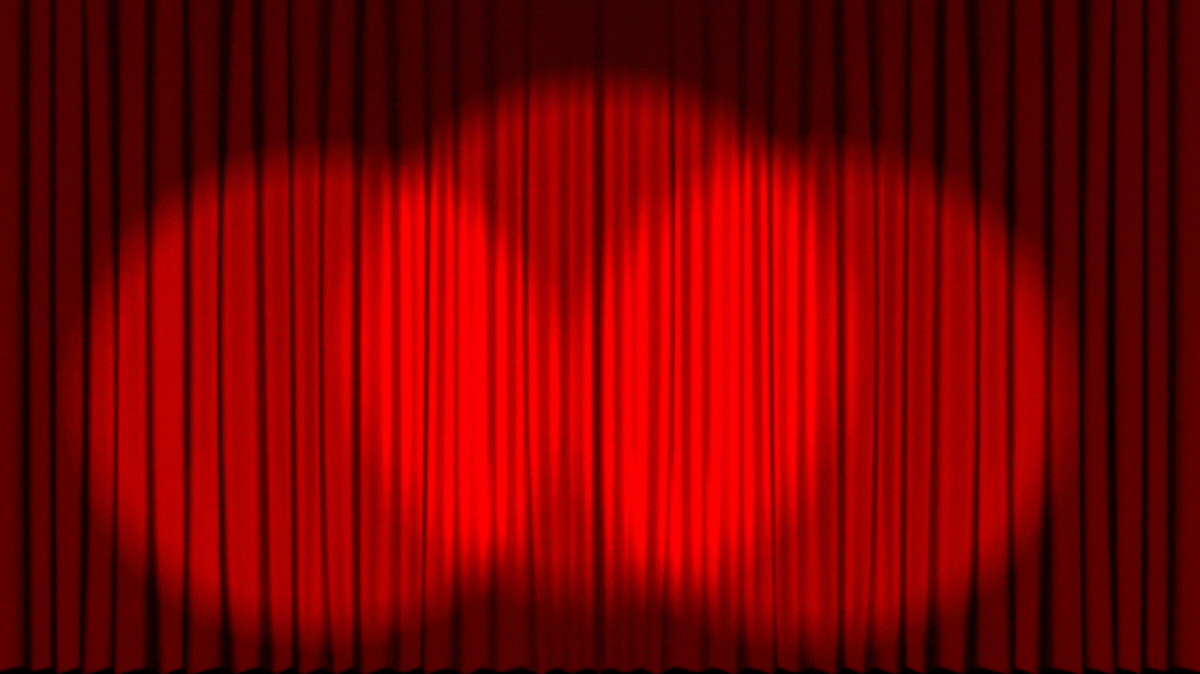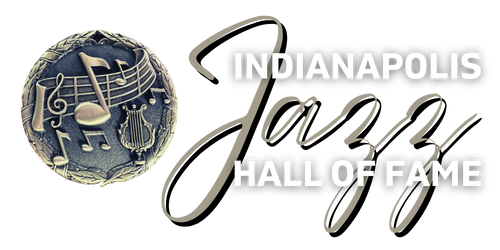
J.J. Johnson
Jazz Trombonist, Composer, Arranger
Inducted into the Indianapolis Jazz Hall of Fame in 2001
James Louis (J.J.) Johnson
(January 22, 1924 – February 4, 2001)
American jazz trombonist, composer and arranger, J.J. Johnson was the most influential trombonist in postwar jazz. Mr. Johnson translated the fast, linear style of bebop to the trombone in the late 1940's. ''He was the definitive trombonist of the bebop generation,'' said the saxophonist Jimmy Heath, who played with him in the early 1950's and remained a close friend. ''He didn't use the trombone as it was usually played, with the slide being the important part; he could speak the language of bebop with such clarity and precision. And everybody wanted to play trombone like that afterward.''
Mr. Johnson, born James Louis Johnson, started his music studies on the piano. He began listening to jazz in his early teenage years and switched to trombone in high school. In 1941, instead of going to college, he left Indianapolis to travel with the midwestern bands led by Snookum Russell and Clarence Love. Most of his influences, he told the writer Ira Gitler in The Masters of Bebop: A Listener's Guide (Da Capo Press), were not trombonists but trumpeters and saxophonists like Lester Young, Roy Eldridge, Dizzy Gillespie and Charlie Parker. In transferring bebop to the trombone, he used a clean, dry tone and short notes. He was often wrongly assumed to be playing the valve trombone, which allows easier articulation than the slide trombone. He did acknowledge the influence of Fred Beckett, a trombonist who played with Harlan Leonard and Lionel Hampton in the 1930's and 40's. Leonard, Mr. Johnson once explained, ''was the first trombonist I ever heard play in a manner other than the usual sliding, slurring, lip-trilling or gutbucket style.''
Returning to Indianapolis for a time, he was hired by Benny Carter in 1942 and spent three years in Carter's big band. In 1945 he joined the Count Basie Orchestra for a short period before becoming a bandleader in his own right. For the next nine years Mr. Johnson balanced his bandleading career with jobs as a sideman, playing with Parker, Gillespie, Illinois Jacquet, Woody Herman, Miles Davis and others. But the work wasn't enough to support a family, so Mr. Johnson, ever curious about electronic equipment, took a two-year job with the Sperry Gyroscope Company as a blueprint inspector.
In 1954 the Savoy label decided to record him and the trombonist Kai Winding in a double-trombone front line, a format that proved to be a hit. Jay & Kai, their band, allowed Mr. Johnson to quit his day job and was one of jazz's most popular acts until it disbanded in 1956.
Mr. Johnson was an admirer of Hindemith, Stravinsky and Ravel, and after his part in the famous Birth of the Cool nonet recordings of 1949 with Davis and Gil Evans, he soon got involved in the new large-ensemble jazz as a composer. His first large-scale work was the four-part ''Poem for Brass,'' included on Columbia's Music for Brass album of 1956, a sort of recorded manifesto of the Third Stream movement, conducted by Gunther Schuller.
He wrote two pieces commissioned by the Monterey Jazz Festival in 1959: ''El Camino Real'' and ''Sketch for Trombone and Orchestra.'' And Gillespie, after hearing ''Poem for Brass,'' asked Mr. Johnson to write him a whole album's worth of music in a similar style. The result was ''Perceptions,'' a 1961 35-minute suite including six trumpets, four French horns and two harps. From 1967 to 1976, Mr. Johnson barely recorded, devoting his energy to composing. In 1967, through the help of the film composer Elmer Bernstein, he got a job as staff composer and conductor for M.B.A. Music in New York, a company that provided music for television commercials. He moved to Los Angeles in 1970, writing and orchestrating music for films like Barefoot in the Park, Scarface, Trouble Man and Sea of Love.
Despite his prolific career as a composer, Mr. Johnson's skill as a trombonist did not dull, even into his 60's and 70's. He was a firm believer in practicing every day, and his strength is fully evident in Quintergy and Standards, albums recorded live at the Village Vanguard in 1988. In the 1990's, under contract with the Verve label, Mr. Johnson created some ambitious recordings, including Tangence, a collaboration with the arranger and film composer Robert Farnon; The Brass Orchestra, which presented music ranging from bebop to selections from Perceptions; and Heroes, an innovative straight-ahead jazz sextet album.
Mr. Johnson returned to Indianapolis in 1987 and retired from public performance in 1997, refusing to play when he wasn't in top form.
J.J. Johnson















